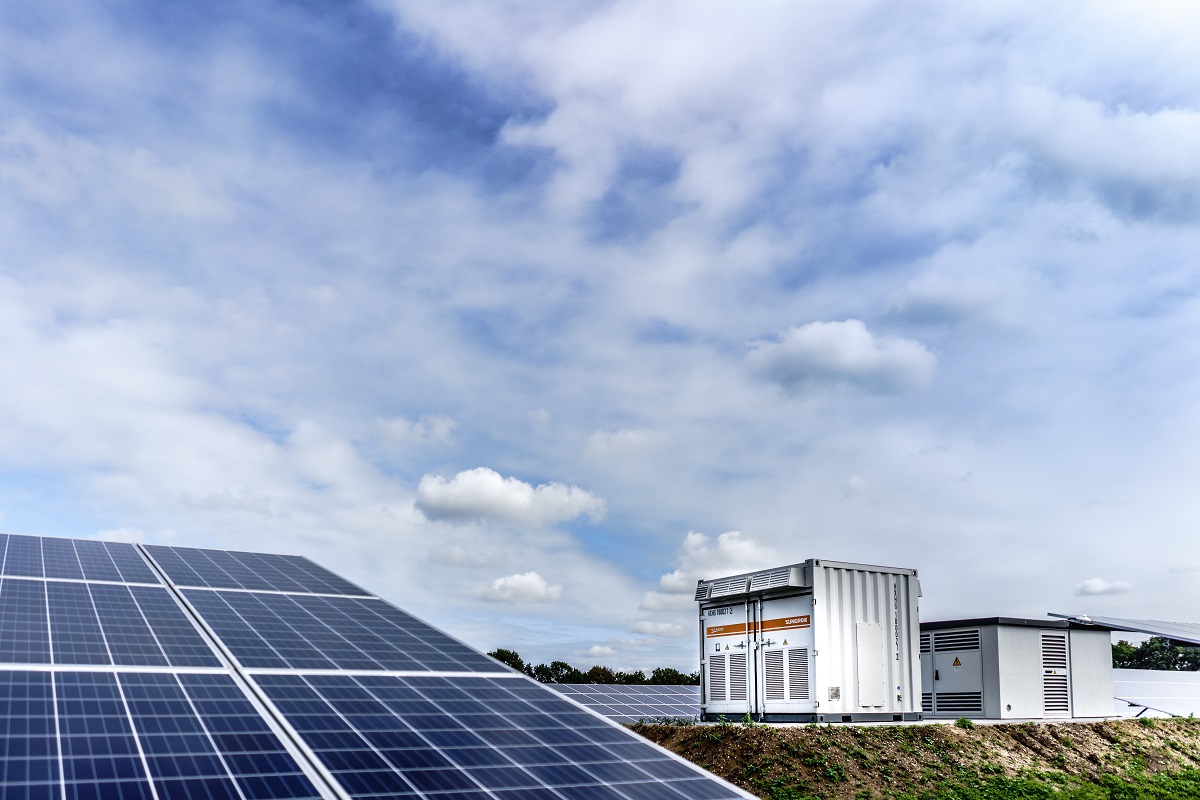The United Kingdom’s government has offered to finance the installation of innovative renewable energy storage technology in the country.
As part of this strategy, the government has given £6.7 million ($9 million) to 24 projects around the nation through the Longer Duration Energy Storage (LODES) competition, totaling £68 million ($91 million).
The funds will be used to stimulate the development of innovative energy storage technologies and aid the UK’s transition to renewable energy sources, as well as to encourage private investment and the creation of green employment.
“Driving forward energy storage technology will be critical in our transition to affordable, clean, and secure renewable energy,” said UK Energy and Climate Change Minister Greg Hands.
“Through this competition, we are ensuring that the country’s most inventive scientists and intellectuals have our backing to make this vision a reality.”
Sunamp’s EXTEND thermal battery project in Scotland and Cheesecake Energy’s FlexiTanker, a thermal and compressed air energy storage project in England, are among the energy storage initiatives that have won financing.
The LODES initiative has also been used to support B9 Energy Storage’s Ballylumford Power-to-X project in Northern Ireland.
The first phase of the initiative resulted in the development of new energy storage technologies that can utilize stored energy as heat, electricity, or a low-carbon energy carrier such as hydrogen.
Projects that show more promise in the first round will receive financing in the second phase.
Companies working on these topics will be fully supported in developing and demonstrating their technologies.
The UK government approved money for the construction of floating offshore wind ports and factories in Scotland and Wales last November.
The UK wants to create 1GW of renewable energy from floating offshore wind farms by 2030 as part of Prime Minister Boris Johnson’s ten-point strategy for a “green industrial revolution.”

